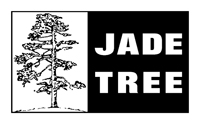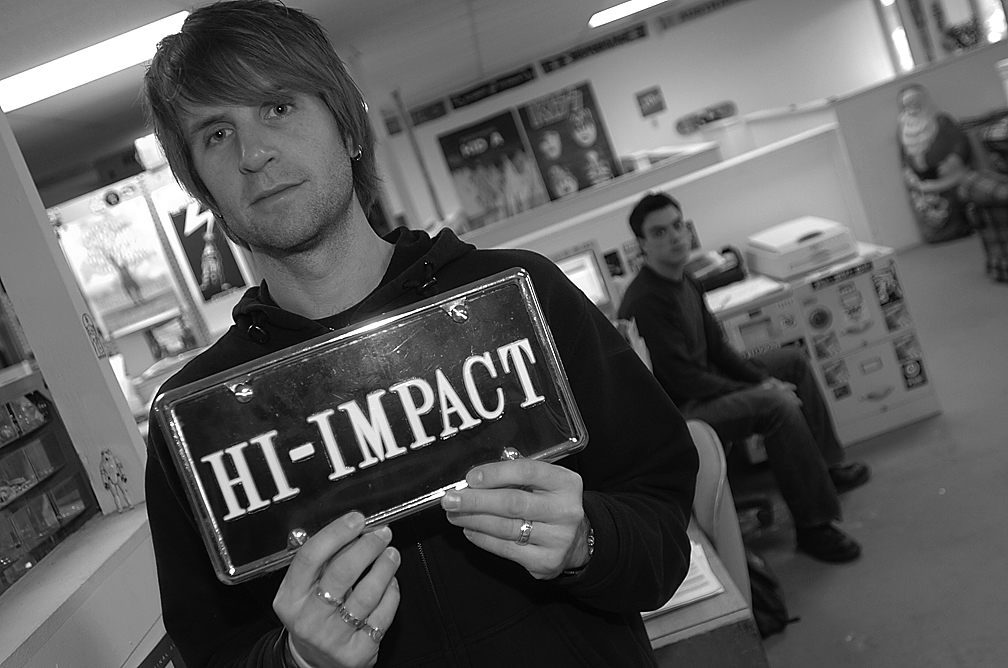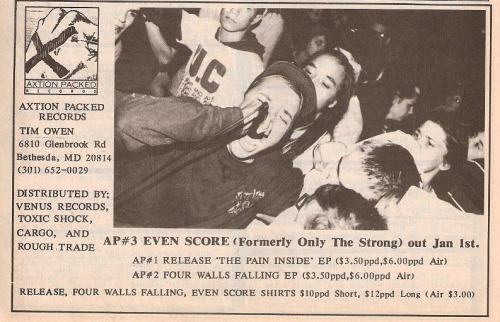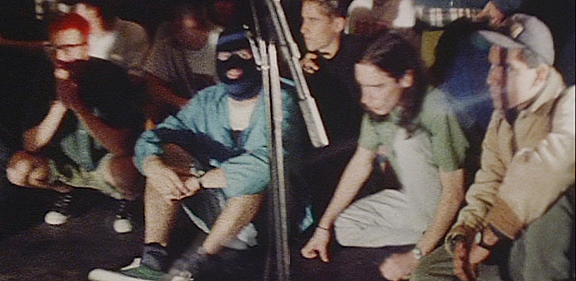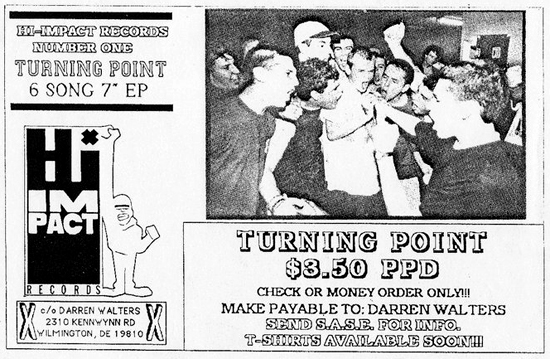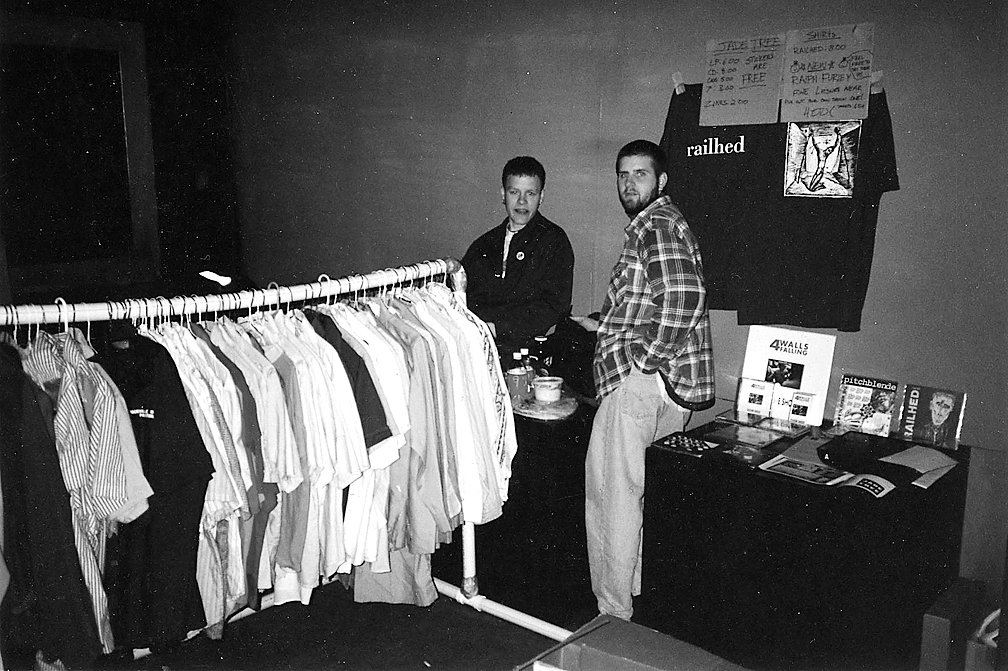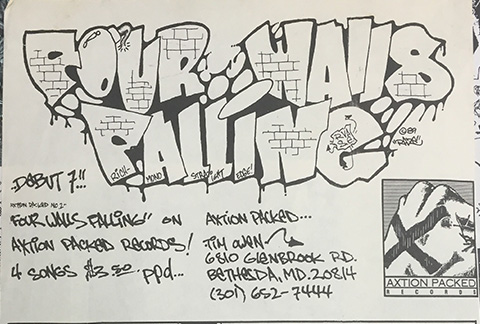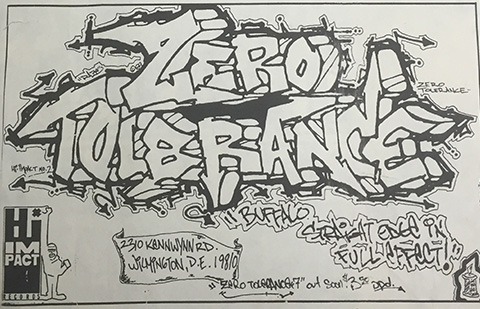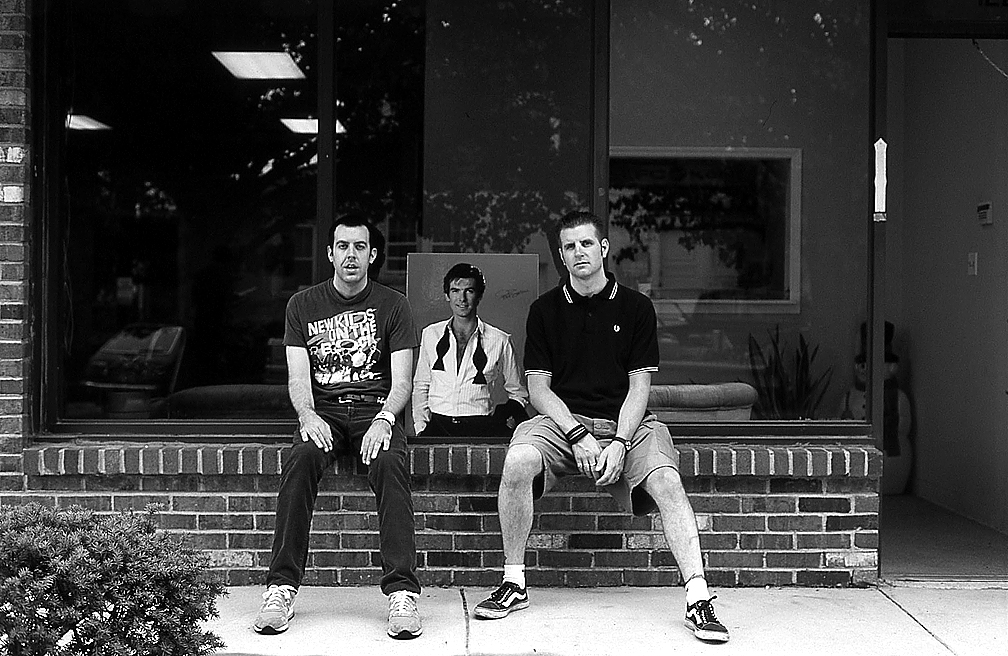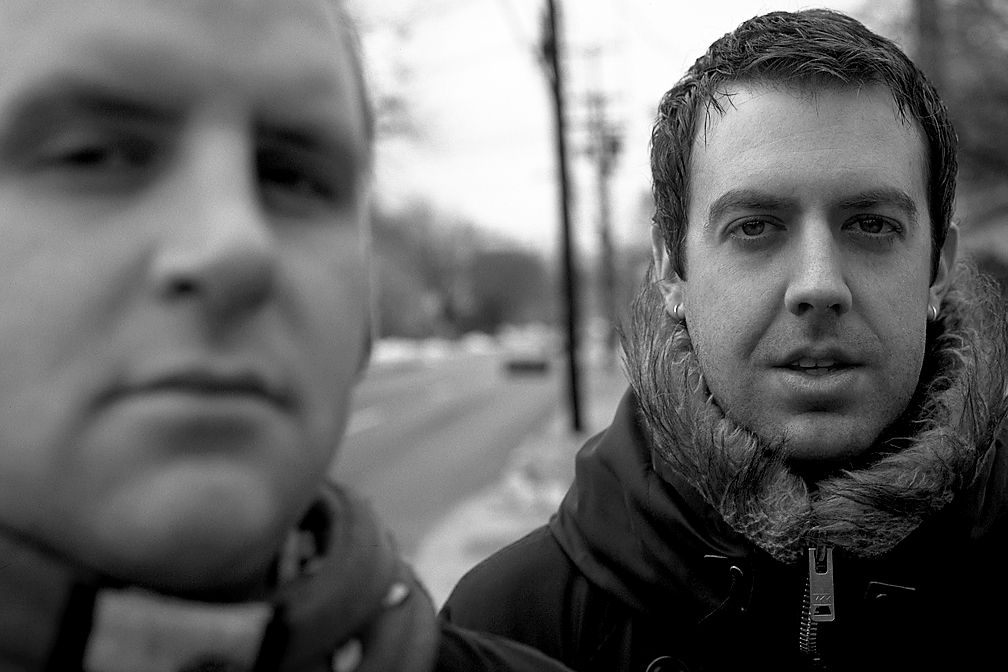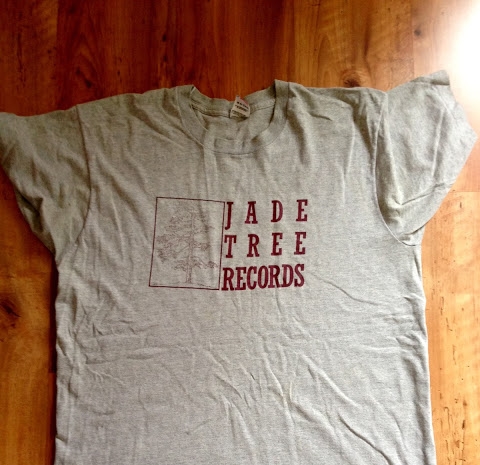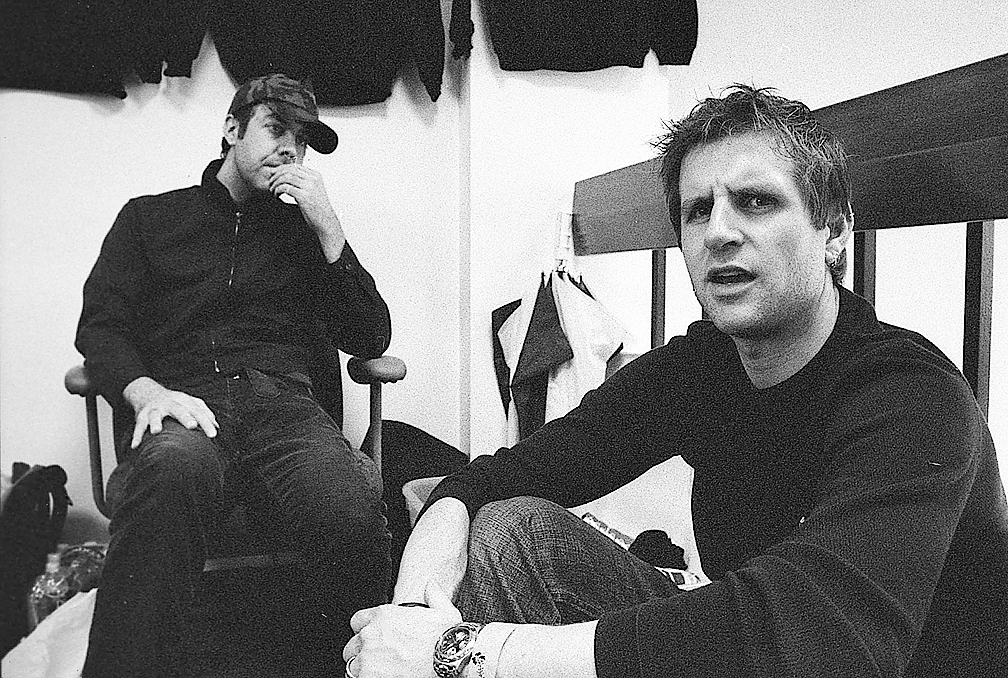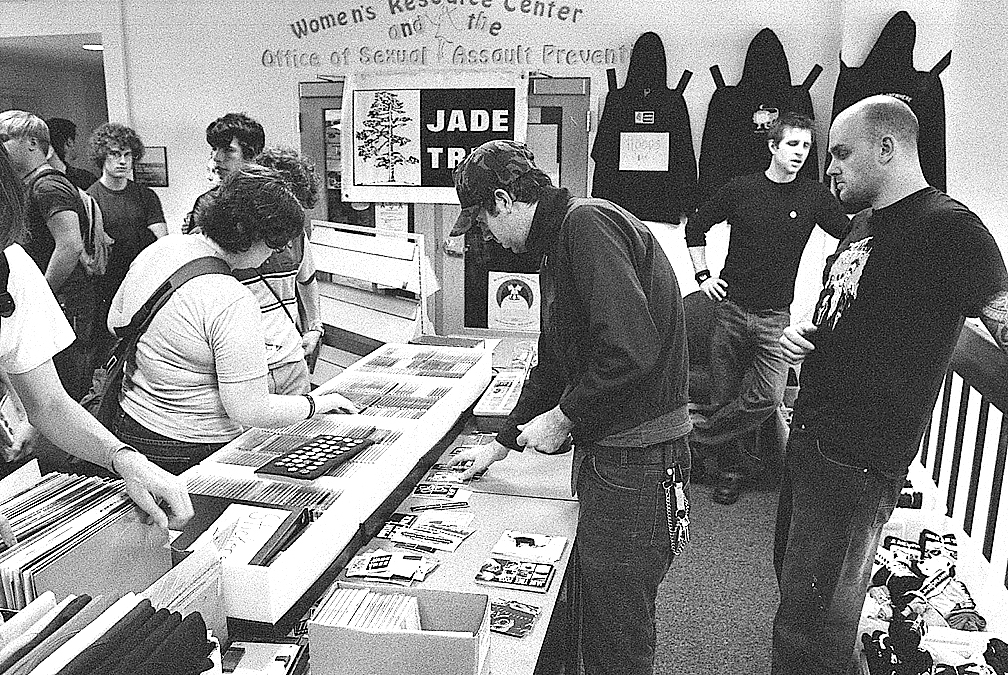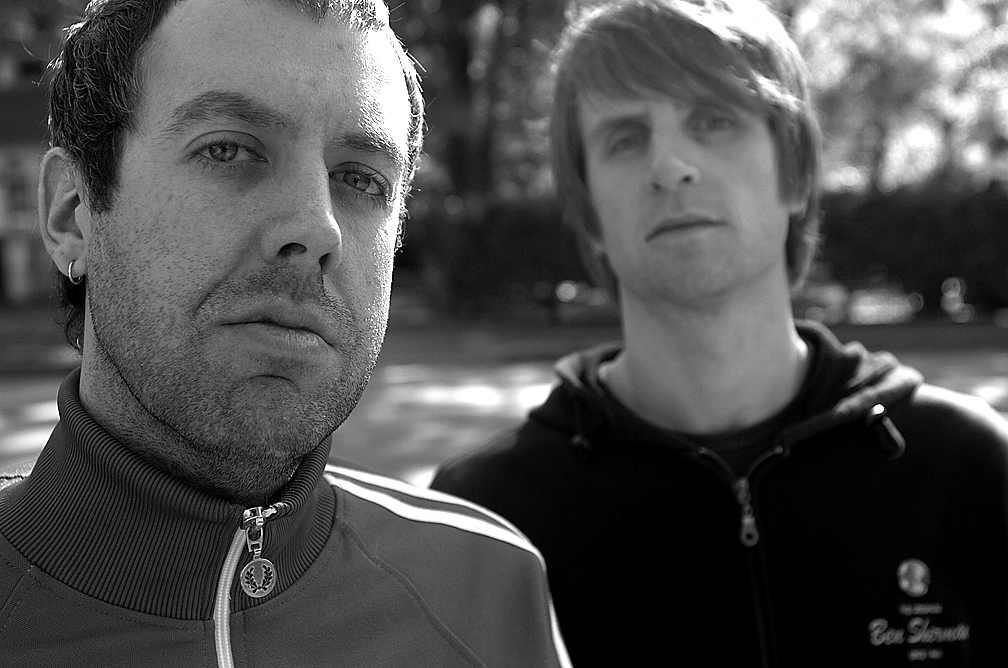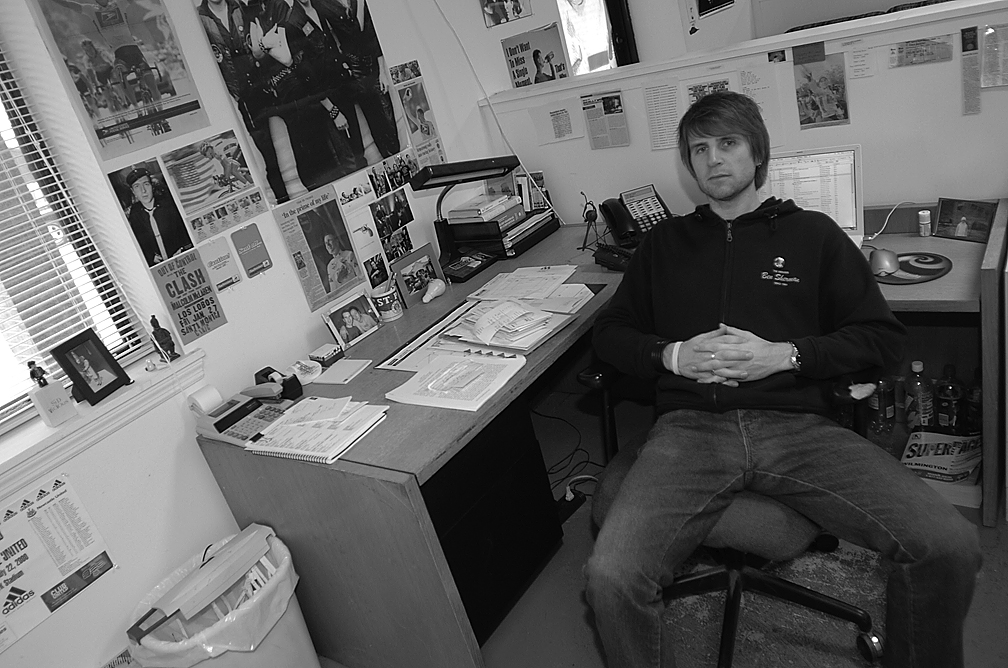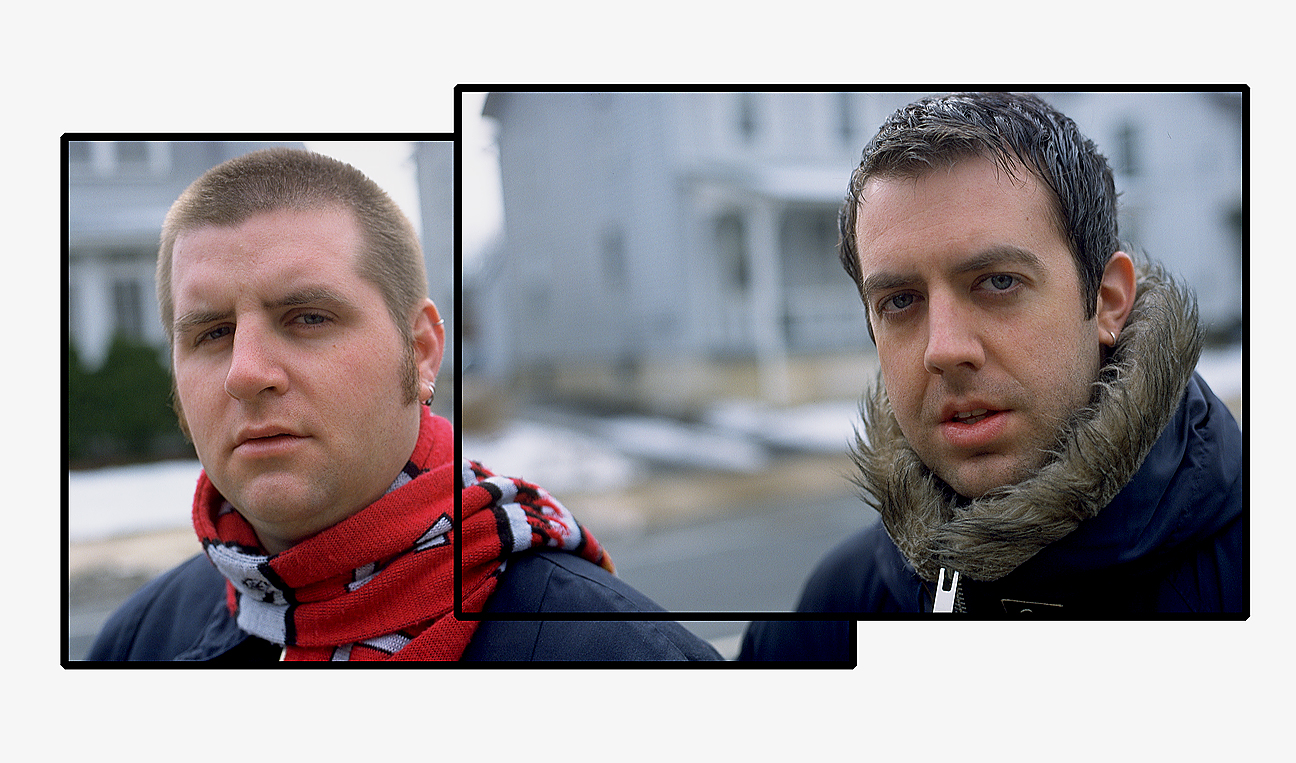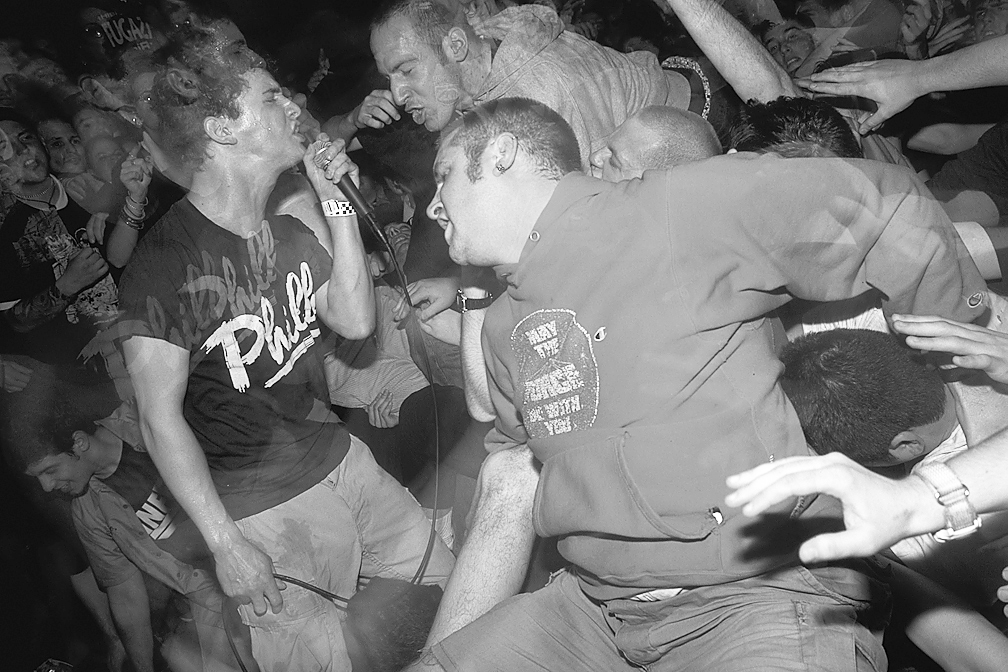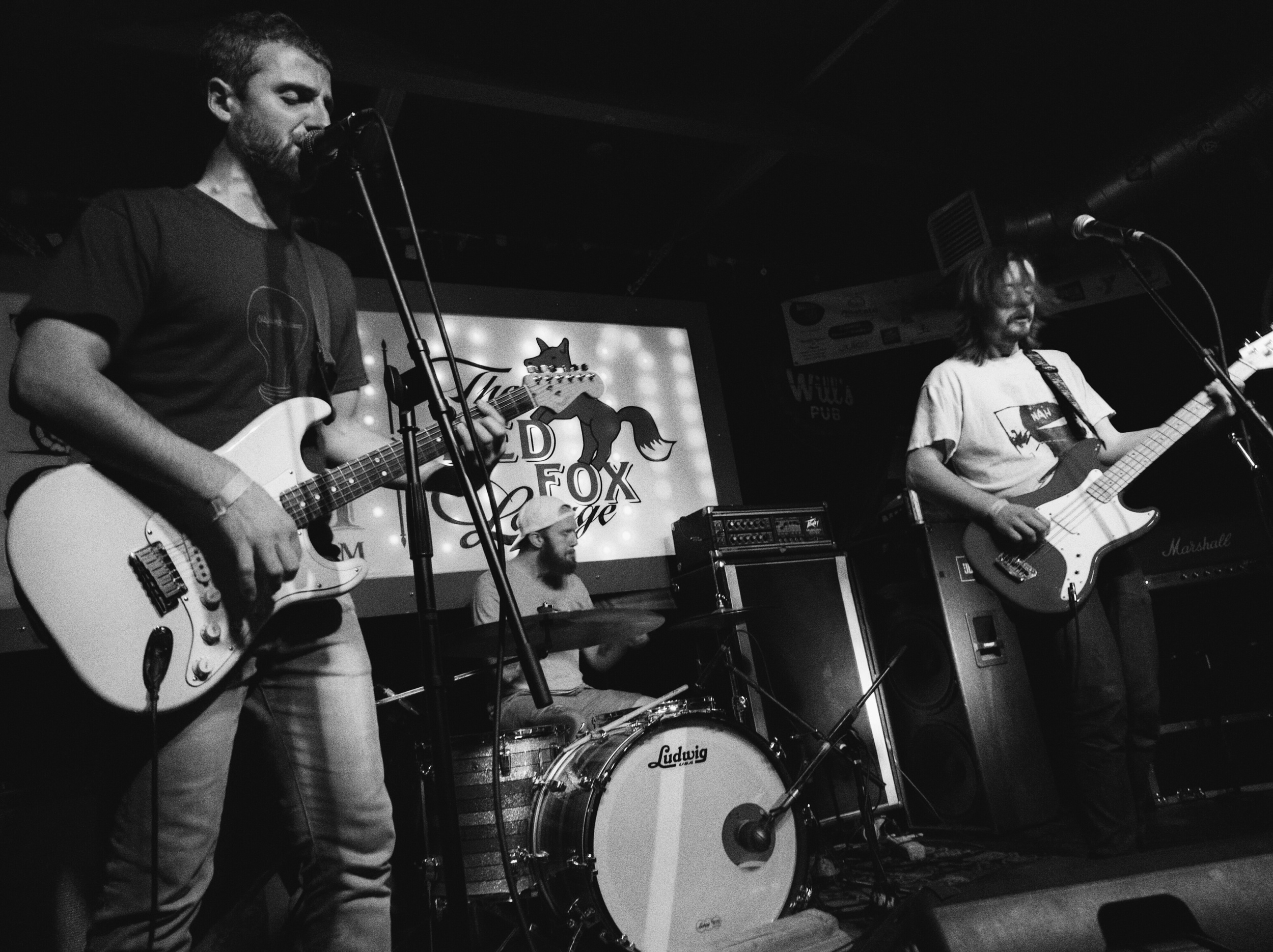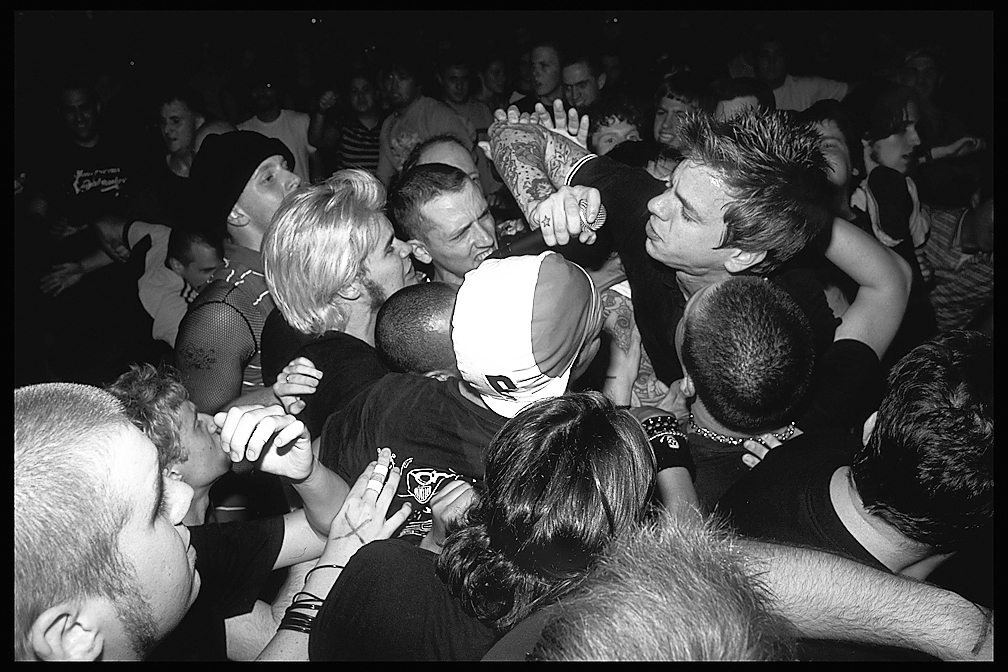June 2014 saw Jade Tree releasing their entire catalog on Bandcamp. True, this was preceded by several quiet years from the label, in fact, the general consensus of east coast punks was that Jade Tree had silently dissolved, that it had become something that was— something only remembered for the likes of Kid Dynamite, Cap'n Jazz and Pedro The Lion.
Jade Tree’s action in 2014 came with excitement from some and skepticism from others. No matter whose opinion you favor, Jade Tree was and is the same label it has always been, propelled by the same motivations that led founders Tim Owen and Darren Walters to start Jade Tree— for the love and appreciation of music.
Photo by Mark Beemer
After meeting in 1990, both of the founders' previous imprints— Owen’s Axtion-Packed Records and Walters' Hi-Impact Records— were put to rest, and Jade Tree was formed. The last 25 years have brought about a catalog of releases that showcase sounds true to both labels. With the melding of Owen’s Baltimore/DC hardcore influence and Walter’s ear for the fastest and raw punk music in the tri-state area, Jade Tree was born to be eclectic. Their roster of bands range so far in either direction of the musical spectrum, the evidence shows that Walters and Owen appreciate music for what it naturally is and have no interest in championing any one genre. Walters and Owen were looking to bring as much quality material to the community as possible, and because of that, what kind of label the two were looking to create was never in question.
"Ruth Schwartz of Mordam once told us that you should never start a label to make money," Walters says. “She said that it would be the biggest mistake you could make in the world. That really sums up my thinking in those days. Tim and I just hoped for a great label that would make a difference in the independent scene. To make a living off of it as a 'business' was something we never expected.”
The advent of the digital age altered the music industry forever. Jade Tree was forced to weather the tides of a changing market in the face of an uncertain future. People were buying music digitally instead of on vinyl, prompting Jade Tree to ask themselves, what’s the point of making a product noone wants to buy?
“Tim and I became really disillusioned with what we were doing so through 2006-2008 we made a conscious decision to stop releasing CD EP’s and in a sense get back to our roots and not try to push stuff out. Like a lot of individuals, we were swept up in the fact that we had a certain prestige we needed to adhere to and we needed to continue to pump out releases. But then, it became ‘Fuck it, who cares what the other labels are doing.’ Like, if we release one record a year or five records a year, who really gives a shit?’ We cared about the perception but not enough to drive it. We wanted quality instead of quantity. That’s what people had come to know us for and we were starting to feel like we were trying to fit into the standards of the artist or to other people’s perceptions rather continue along our lines.”
Vinyl records’ commercial and cultural presence throughout the last 10 years has proven to be an effective case-study in the subject of supply-demand economics: what a consumer wants, the market gives. Because of that, more often than not, consumers’ view of the music industry primarily reflects the availability of records at any given time. However, Walters does not subscribe to the belief that record labels exist solely at the behest of the changes, times, and tastes of the world of music at large.
In the new paradigm, the highest-selling records sell 3 million copies and gas prices make touring a test of endurance and survival. That same survivalist instinct needed to be adopted by Jade Tree if they wanted to make it to calmer waters. Marriage to a specific format is irrelevant when the ultimate goal is to continue releasing good music and ensuring the business stays afloat. They needed to get hip, or get out. For Jade Tree, this meant reassessing how to serve their bands and the scene, while also maintaining a path toward a secure future for the label.
Jade Tree needed to do what was best for Jade Tree.
In a June 2014 Billboard.com op-ed about Jade Tree’s tenure and the perception of the label’s activity, Walters had this to say:
“Some people thought Jade Tree stopped releasing records. Some think Jade Tree is making a comeback. Neither is true.”
The truth is that Jade Tree made conscious decisions to ensure they could weather the storm known as the digital revolution and come out (mostly) unscathed. The label chose to turn down the quick money offered by new file sharing companies and hold onto their catalogue. From 2007-2012, there were many young artists coming forward and disappearing just as quickly, influencing them to scale back on the production of less popular formats. They let digital music grow into itself, to become settled and less variable, a necessary step that would preserve Jade Tree until the industry proved more stable.
It goes without saying that punk has gained some years and put on some weight as it approaches middle age but, this comes with the territory. The new standard for 21st century rock n’ roll is stressful and includes about 10 extra hours of data entry because digital sales are hard to keep track of.
Jade Tree isn’t “coming back,” they’re just reconfiguring their outlook so that the label’s original goals and intentions are accomplished in the best way possible. Fortunately the label is right next door to the veritable hotbed that is Philadelphia’s underground rock scene. In fact, many of Jade Tree’s new releases are coming from some of the best and brightest of the Philadelphia DIY scene.
Bands like certified real-rockers Dogs on Acid, the unashamedly observational Socialite, the achingly honest and inspiring alt-punk of Spraynard, scene-veterans Dark Blue, and post-punk-meets-shoegaze art-rockers The Spirit of the Beehive, are ready to take their places amongst the celebrated members of Jade Tree’s roster. Along with the release of a 25 year anniversary retrospective compilation LP, Jade Tree is also working on a myriad of new initiatives that promise to make these upcoming years the busiest the label’s ever seen.
Jade Tree’s past ten years are a reminder that the world of music is as alive as it is volatile— a combination which relentlessly tests the resolve of the most desperately obsessed fan. Jade Tree’s past twenty-five years should teach anyone who got into Paint it Black’s album CVA because of Tony Hawk’s Pro Skater that when it comes to an undertaking like this, the unexpected will happen and that one’s inner sense of truth will dictate whether or not you had any business starting a record label in the first place.
